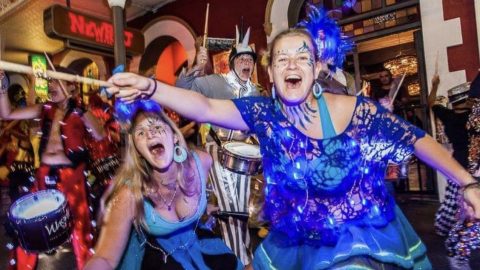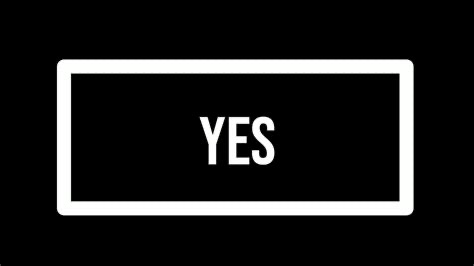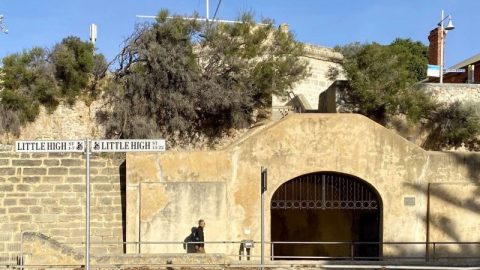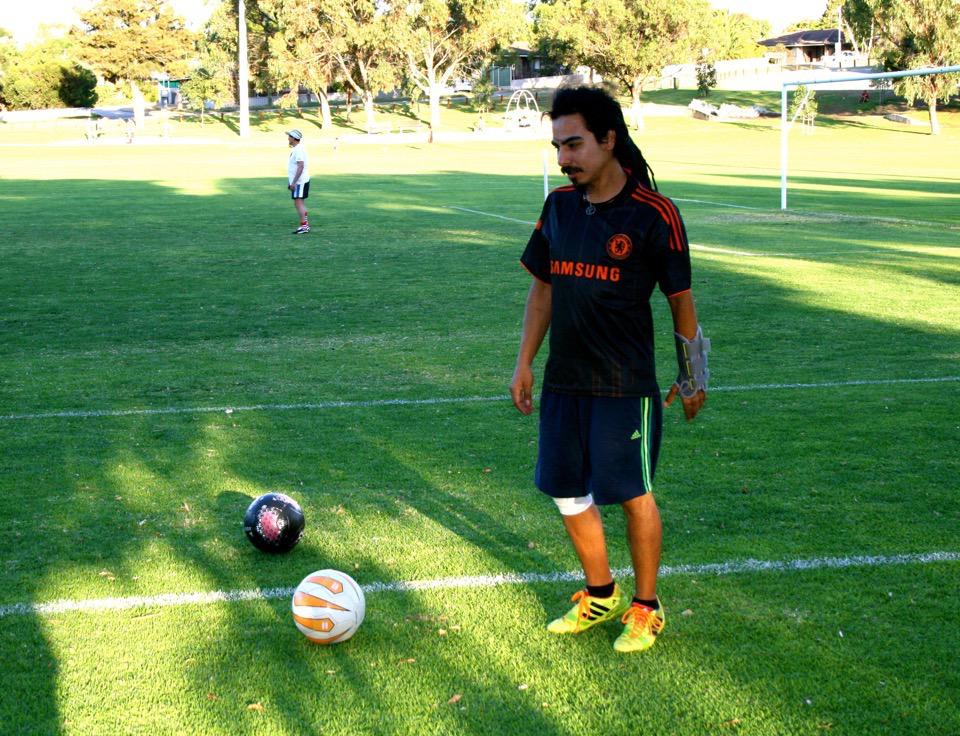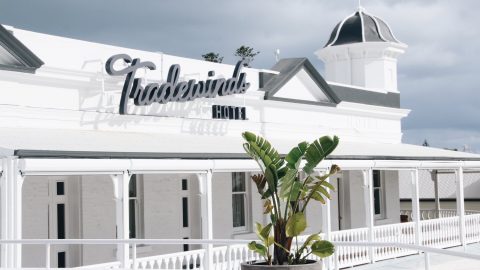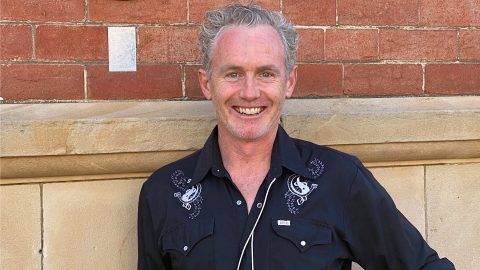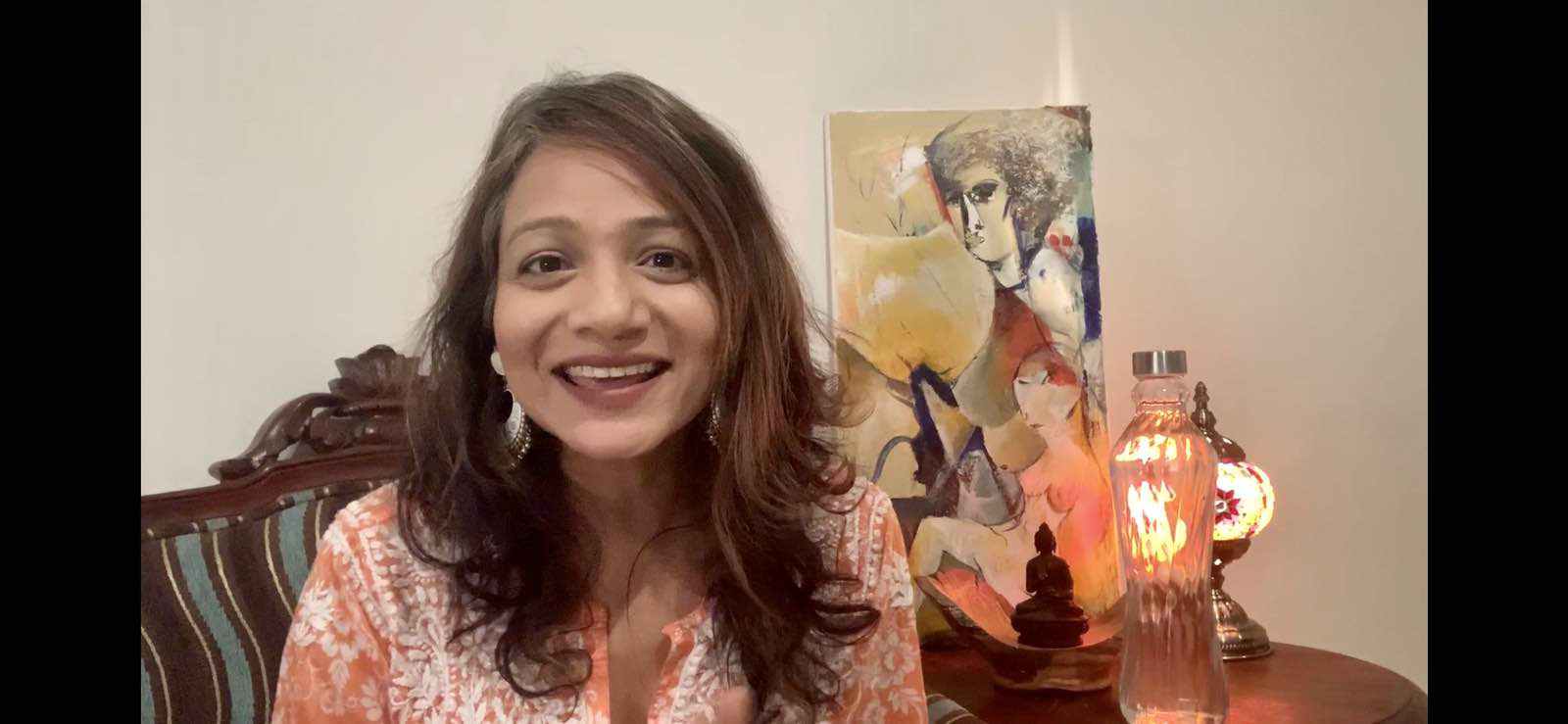SARAH FERGUSON, PRESENTER: Warren Mundine, welcome to 7.30.
NYUNGGAI WARREN MUNDINE, CENTRE FOR INDEPENDENT STUDIES: Thank you for having me.
SARAH FERGUSON: Now in the lead-up to the 2017 conference that produced the Uluru Statement from the Heart and the request for a Voice to Parliament, you said, “The push for recognition needs to capture the hearts and minds of Indigenous Australians.”
Polls suggest that the Voice to Parliament has done just that. Why would you stand in its way?
NYUNGGAI WARREN MUNDINE: Look, when I look at the polling and I look at the reality of what’s on the ground, like I have spent three days a week travelling across Australia through my business, I have got about 1,000 Aboriginals who work for me, and I got a whole businesses in Western Australia, Northern Territory and Queensland and New South Wales. That’s not what I hear on the ground.
SARAH FERGUSON: Are you saying that the polls have got it wrong? Because it is a reputable polling company.
NYUNGGAI WARREN MUNDINE: I think they have.
I’m not challenging the polling company. What I’m saying is I think they got it wrong in the sense that when I talk to people on the ground and listen to people talking, because it’s always important to listen and observe what’s getting on around you, I say the biggest majority of people are not yes and no people.
They are actually people who, and there are some people on the ABC website have actually said this, they hadn’t even heard of the Voice yet.
And there are other people who have heard of the Voice, but they don’t know what it is yet and I’m not claiming that means that the No campaign is in a good position. What I’m claiming is that there’s not enough information out there.
SARAH FERGUSON: Let’s have a look at some of the things you’ve said about it and understand where you’re coming from. You say that the Voice is a threat to Aboriginal communities and organisations. In what way is it a threat?
NYUNGGAI WARREN MUNDINE: Well, in regard to talking about it in the First Nations people.
So currently today I’m a chairman of a mining company, so I can’t do anything on my mine site, even if building a toilet, without consulting, discussing, negotiating, and coming to an agreement with the traditional owners of that country.
Now I’m a great believer, I’ve always written about this for the last 30 years, I’m a great believer in those First Nations and they’re the ones who can speak for country.
So for instance, I’m a Bundjalung man, and with my other Bundjalung people, can talk about country. No-one else can and so that’s where I’m coming from in that area.
SARAH FERGUSON: Might I just bring you back to the question, which is what you said was that the Voice is a threat to Aboriginal communities and organisations. I want to understand how it could act as a threat to organisations and communities?
NYUNGGAI WARREN MUNDINE: See, I live in two worlds. One is the legal world, and one is the real world.
And so what I’m talking about there is that once we do those negotiations about extension of a mine, or a mining project, we come to an agreement and it goes to the minister in Canberra to be signed off or the minister of that state.
What we have now is that we have third parties who are trying to interfere with that process. All they have to do instead of going to the traditional owner communities, they can actually go to the Voice and they can actually talk to the Voice about making, recommending to the minister that they do not sign off on these things.
And that’s a problem. I believe that the First Nations, the traditional owners are a voice and we need to empower those voices, rather than building another layer on top.
SARAH FERGUSON: So just to understand you though, because you also describe the Yes case for the Voice as a quote, “Vision of bureaucratic control, centralised government dependence.” How is that a fair description of a body whose role will be to, and I quote, “It may make representations to the Government.” How can that be described as a vision of bureaucratic control?
NYUNGGAI WARREN MUNDINE: Well, when you look at the word ‘may’ and there is a lot of arguments about what that actually means by the legal profession. I’m not going to get into those arguments because I’m not a lawyer and definitely not a constitutional lawyer.
What I’m talking about then, when you say it ‘may’, it doesn’t say you don’t. So you can make a decision. I want to put my arguments to the government about this, I want to put my arguments about that. So it’s not saying they’re not going to do it, it says they have that power to actually…
SARAH FERGUSON: Yes, but would you agree that in a common-sense understanding, as well as a legal understanding of the word ‘may’ that the body in question, that is executive government and the parliament is not obliged to accept those representations?
Isn’t that the reason for the inclusion of the word may make representations?
NYUNGGAI WARREN MUNDINE: As I said, I’m not constitutional lawyer. All I know is from real life experience and when someone has the word ‘may’ there, it means that they can. That’s a very simple common-sense approach.
And the other thing too is the Prime Minister has said this on many occasions, he said it would take a very brave Prime Minister to say no to the recommendations of the Voice.
And they are his words and not mine.
SARAH FERGUSON: I think that was in relation to a specific question around alcohol control or a question that was posted at Garma.
NYUNGGAI WARREN MUNDINE: But it covers a whole lot range of other issues. If it can be about alcohol control, it can be about funding, it can be about a whole wide range of other things.
SARAH FERGUSON: As we said, the Prime Minister was talking this evening and one of the things he said in his speech was that an entire people have been kept so long at the margins.
Now we know consistently from Closing the Gap reports that there have only been, those targets, the targets of Closing the Gap haven’t been reached and there’s only been incremental improvements.
Do you accept the PM’s argument that the status quo is not acceptable for First Nations and Indigenous people?
NYUNGGAI WARREN MUNDINE: First of all, I challenge, he says, and you can correct me on this, that you said an entire group of people. It’s not the entire Aboriginal people out there who have been marginalised and not getting ahead. I’m an example of that. Megan Davis is an example of that.
A whole wide range of people …
SARAH FERGUSON: But do you accept that Closing the Gap, its work is to show us what Indigenous people and First Nations people across the board are achieving and unfortunately those reports just show year after year after year, that the targets are not being met and that gaps in education, in health and certainly in terms of Indigenous incarceration, a national disgrace, are not being met. So there is a great deal of unmet need?
NYUNGGAI WARREN MUNDINE: There’s a lot of stuff there but it is not about in regard to they have been totally marginalised. It is actually, it is about outcomes.
When I was appointed to the chair of the Prime Minister’s Indigenous Advisory Council by Abbott and then reappointed by Turnbull, we looked at whole wide range of areas.
And the problems that we had in education was the failings and I think the state and territory governments did away with a lot of this stuff because it’s not a federal issue.
They’re state and territory issues and we looked at those areas and we found they had a failing of actually getting Aboriginal kids to school.
So it was the state and territory governments who have had those failings not the Commonwealth government.
We went through a whole wide range of issues to get kids to school and in fact, we worked with Aboriginal communities in getting elders and that who would identify kids not coming to school and then work with those parents.
SARAH FERGUSON: Would you accept that the economic emancipation that you talk about, that you want for Indigenous and First Nations people, that you can’t achieve that level of emancipation across the country while the levels of disadvantage are still so high?
NYUNGGAI WARREN MUNDINE: Economic development resolves those issues and I talk about a few programs. One was the Indigenous Procurement program and the Indigenous Economic Strategy program that was brought in in 2015.
We had an Indigenous economic program that was worth only $6.2 million and this is not federal money, this is about contracts that were going to Aboriginal business or would have went to Aboriginal businesses.
SARAH FERGUSON: Many people in the sector, people who have been working on the front lines talk about the exhaustion of continually having to reapply for contracts, for funding and the thing about the Voice that they argue is that it will give them continuity because advice will be given at the federal level?
NYUNGGAI WARREN MUNDINE: Welcome to the business world. There’s not a business in Australia that has a lifetime guarantee of a contract. You will get contracts and you go.
But I’ll give you the figures. The figures have taken $6.2 million in 2015. I have got to say, this is the most successful program in the history of Australia. It’s now worth $8.7 billion; 45,000 jobs have been created in that process.
3,200 Indigenous businesses have been created in that process and 37 per cent of those businesses and employment has been in regional and remote Australia. So that program has been massively successful. When people…
SARAH FERGUSON: And yet, at the same time, I want to come back to where we started which is those polls are telling us that something like 80 per cent and the Prime Minister referenced these figures this evening, support the Voice. I just wonder, are you missing something about the importance of this proposal?
NYUNGGAI WARREN MUNDINE: I’m saying that I spend three days a week in Aboriginal communities and working with thousands of Aboriginals. Not just one or two or 300 or 50 and stuff like that and I can tell you from my experience of talking to people that the Yes and No campaign haven’t got the numbers from those people. And that people are, they haven’t heard of the program, and you’ve got it on your own website here on the ABC, and people haven’t and people who have heard of it still don’t know what it is.
SARAH FERGUSON: Clearly, a long way to go. But in the meantime, thank you for coming on this evening. No doubt we’ll see you again and often. Warren Mundine, thank you.
NYUNGGAI WARREN MUNDINE: Oh, thanks for having us.
~~~~~~~~~~~~~~~~~~~~~~~~~~~~~~~~~~~~~~~~~~~~~~~~~~~~~~~~~~
* You’ll find more Getting The Voice features right here
**Fremantle Shipping News supports the YES campaign
*** Editorial comment in introductory paragraphs by Michael Barker, Editor, Fremantle Shipping News
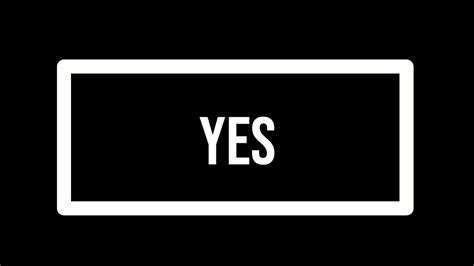
WHILE YOU’RE HERE –
PLEASE HELP US TO GROW FREMANTLE SHIPPING NEWS
FSN is a reader-supported, volunteer-assisted online magazine all about Fremantle. Thanks for helping to keep FSN keeping on!
** Don’t forget to SUBSCRIBE to receive your free copy of The Weekly Edition of the Shipping News each Friday!
